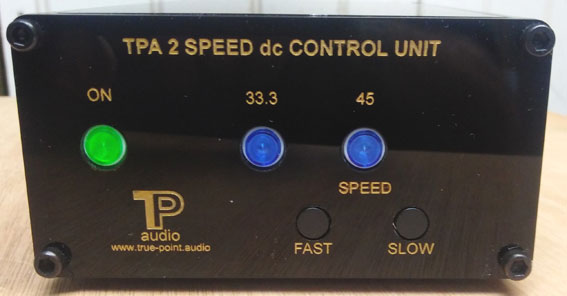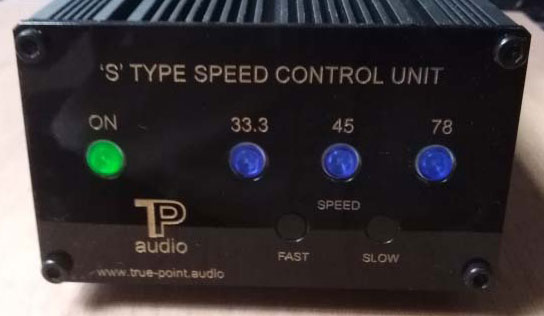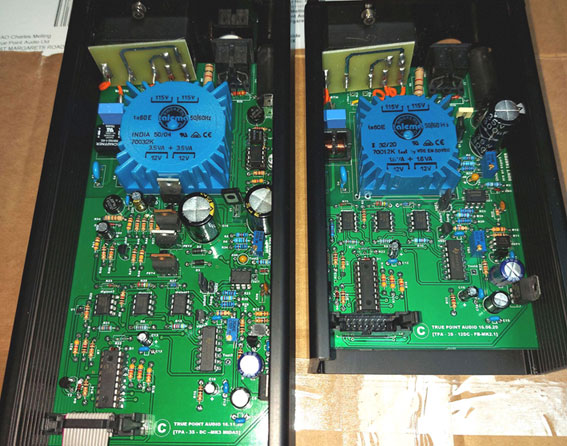SONDEKNZ
Kiwi, now living in Hangzhou, CHINA
I recently stumbled upon a new (to me) name - TRUE POINT AUDIO - a specialist UK company offering some pretty interesting looking options around DC motors and their control.
Presumably, their products are a direct alternative to the LINN RADIKAL, MOBER, ORIGIN LIVE type offerings - for driving turntables.
They offer an interesting solution including a power supply that is not directly connected to the AC-mains - dubbed MIDAS (Mains Isolated Dc Advanced System) - evidently relying on a juiced-up capacitor to provide supply.
The gear looks well thought-out and nicely finished.
Has anyone tried TRUE POINT AUDIO? If so, please share your feedback.
https://www.true-point.audio/tpa_audio_dc_Motor_Kit.htm



Presumably, their products are a direct alternative to the LINN RADIKAL, MOBER, ORIGIN LIVE type offerings - for driving turntables.
They offer an interesting solution including a power supply that is not directly connected to the AC-mains - dubbed MIDAS (Mains Isolated Dc Advanced System) - evidently relying on a juiced-up capacitor to provide supply.
The gear looks well thought-out and nicely finished.
Has anyone tried TRUE POINT AUDIO? If so, please share your feedback.
https://www.true-point.audio/tpa_audio_dc_Motor_Kit.htm




